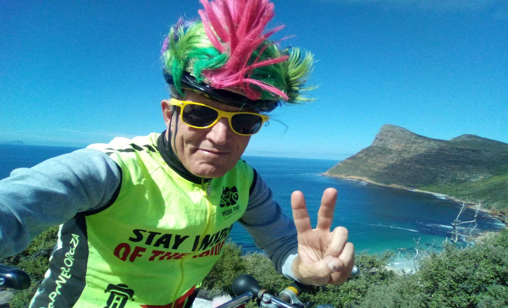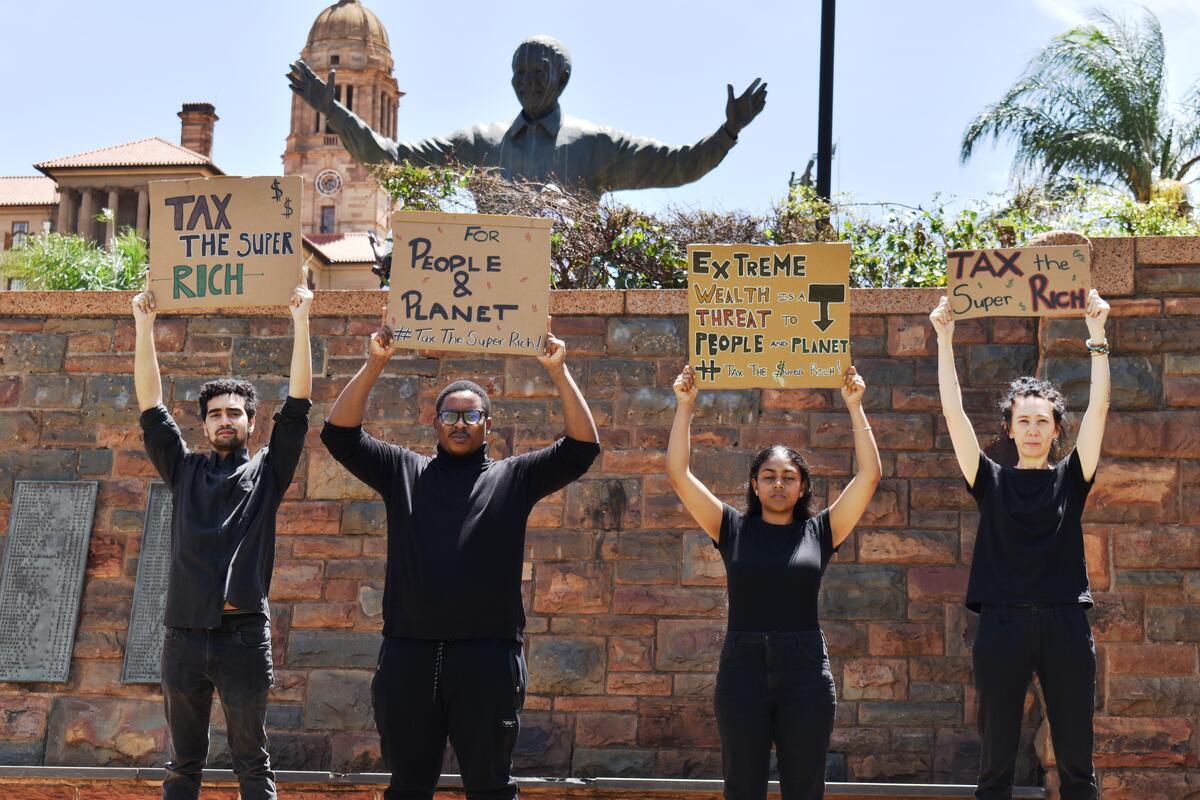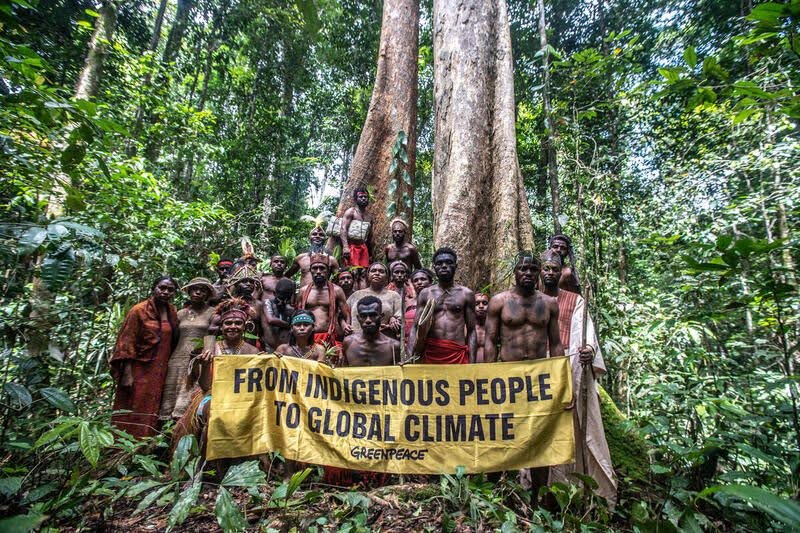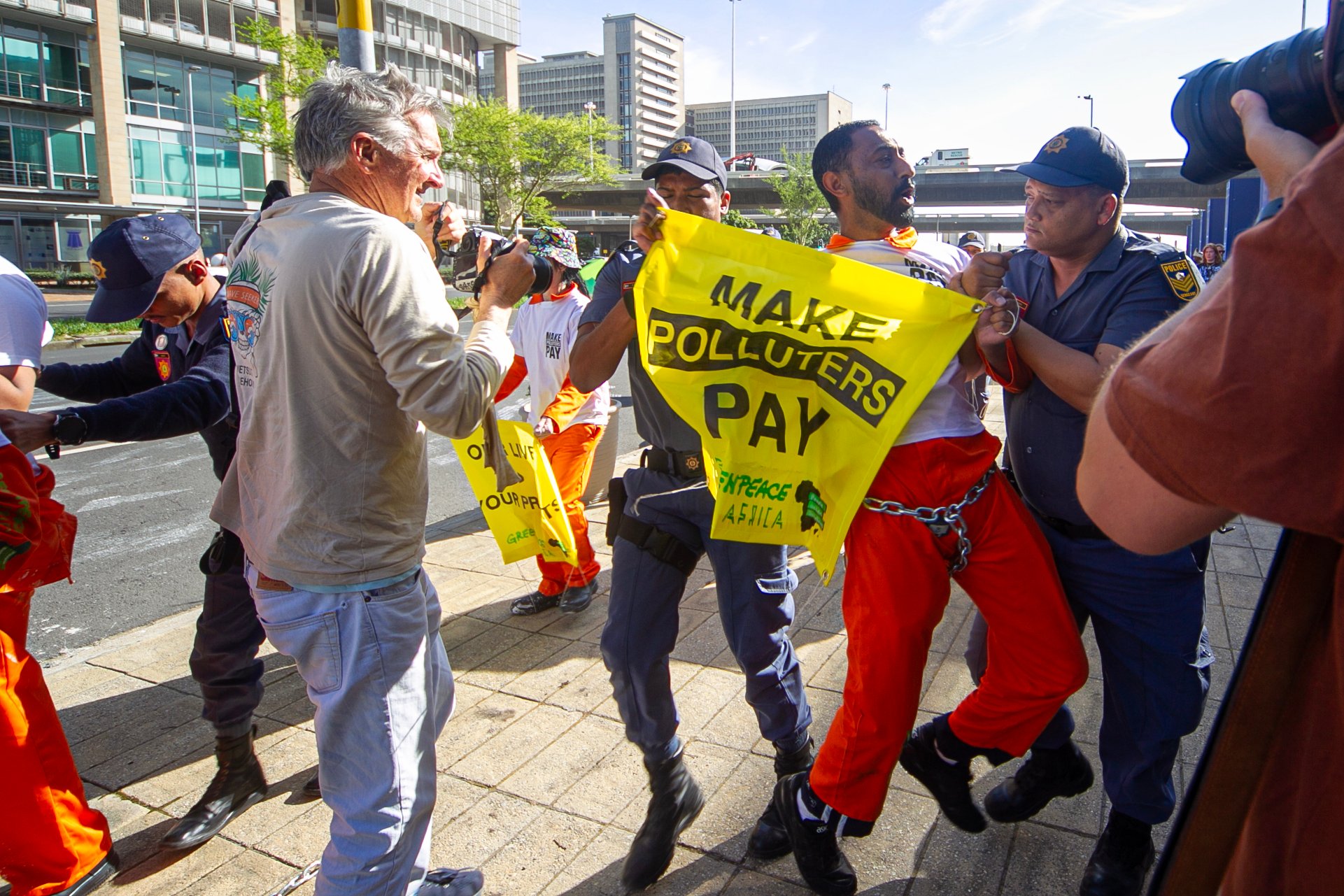The Okavango Basin is an endorheic basin that covers an area of over 2.5 million km2 across Namibia, Angola and Botswana. The basin, which includes the Okavango Delta, is one of Africa’s most biodiverse habitats, home to a myriad of birds and megafauna species including the largest African elephant population left on the planet. The delta, a Ramsar and UNESCO World Heritage Site, remains one of the largest intact wetlands. Nearly one million people are dependent on the Okavango basin for their livelihoods.
ReconAfrica’s https://reconafrica.com/about/about-reconafrica/ license is completely within the Kavango Zambezi Trans frontier area and overlaps with six locally managed wildlife reserves and a UNESCO World Heritage Site. African elephants, African wild dogs, lions, leopards, giraffes, birds and rare flora will be deleteriously affected by the project.
Namibian and Botswana environmentalists anticipate the following impacts:
The region’s ecosystem will be destroyed by a Canadian company that will rake in 90% of the profits. ReconAfrica’s project will lead us to burn through what little remains of the planet’s dwindling global carbon budget and hampers global efforts to move beyond fossil fuels. The company must not be allowed to destroy such a globally vital conservation area under the guise of economic development. Oil and gas extraction is a menace to wildlife. Loud noises, human movement and vehicle traffic from drilling operations can disrupt avian species’ communication, breeding and nesting.The infrastructure built for energy development can also have a negative impact: power lines, well pads, fences and roads fragment the habitats of many species.The construction of roads, facilities and drilling sites known as well pads requires the use of heavy equipment and can destroy big chunks of pristine wilderness. Such damage is often irreversible.
Transporting the oil rig will destroy local roads. How heavy oil and gas industry equipment has impacted road infrastructure and led to deadly accidents has been amply documented in other countries.The region’s tourism industry will be shaken and thousands of people might not only lose their jobs, but their investments as well. Who would want to go on safari in a landscape littered with oil wells?
The project would deplete and pollute the region’s aquifer. How can one justify giving an overseas company unbridled access to the region’s most precious resource?The project will worsen food insecurity in the region, as water is the life source of communities in the Okavango ecosystem.

One of Greenpeace Africa’s brave activists Sven Fautley is embarking on a courageous journey cycling from Cape Town to the Okavango Delta in protest of oil drilling in the area. He will cover an estimated 2222,1km and he anticipates that the journey will take him 1 month to complete. He also plans to cycle from Windhoek to Rundu village to meet with the community that is affected by the oil exploration, a further 715,5km away. He plans to collect signatures, and interview people along the way.
Please support Sven as he begins this courageous journey. Remember to support his cause by signing this petition https://www.facebook.com/SaveOurSwamp2021and following him on his Facebook page.
Compiled by:




Discussion
I have joined Sven Fautley on his journey to Rundu. I am from Maun and we intend to cycle Rundu via Mohembo. We need media support. Thank you
Thank you for reaching us. Kindly send us an email to [email protected].